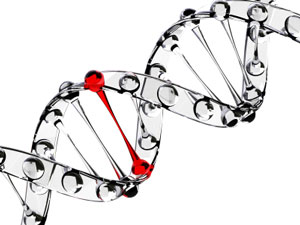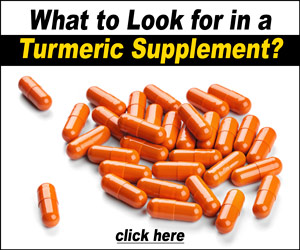Effects of Turmeric Compounds on Epigenetic Factors Involved in Cancer

| MicroRNA, DNMTs, HATs, AND HDACs IN CANCER | |||
|---|---|---|---|
| HOW DO THEY CONTRIBUTE TO CANCER? AND HOW CAN TURMERIC COMPOUNDS HELP? |
|||
|
Studies show that turmeric compounds (e.g., curcumin) and other dietary components can help regulate effects on DNA called epigenetic changes. These effects alter gene activity but do not change actual DNA sequences. Epigenetic changes can both activate or inactivate the expression of specific genes that affect how cells grow and function. (vi.133) Molecules That Affect Epigenetic Activity Some of the molecules and processes involved in epigenetic changes include: (vi.133)
MiRNA Help Control Production of Proteins It's been known for 60 years that DNA in the cell nucleus contains the information in cells responsible for gene expression. But how does DNA tell the cell what to do? (vi.142) DNA produces messenger ribonucleic acid (mRNA). These molecules bring DNA instructions out into the cell from the nucleus. These DNA instructions are basically codes, or recipes, for creating proteins used to carry out cell functions. (vi.142) DNA also produces MiRNA. They are over 1000 times smaller than mRNA molecules and were discovered less than 20 years ago. Instead of carrying recipes out of the nucleus for the cell to make proteins, miRNA appear to stop mRNA from making new proteins. In some instances, miRNAs also degrade RNA. (vi.142) Abnormal MiRNA, Histone Enzymes, and DNA Methylation Promote Cancerous Activity Mutations of miRNA or unregulated levels of miRNA are involved in various cancer cell behaviors. This includes cancer's resistance to cell death and the formation of cancer stem cells. Both of these can result in treatment-resistant cancers. (vi.2, 48, 133) Unregulated HATs and HDACs also contributed to cancer. Research indicates that substances that can help regulate and restore normal levels of HDACs could be therapeutic. (vi.39, 133) Turmeric Compounds Inhibit Abnormal Epigenetic Changes Lab and animal research indicates turmeric's curcumin compounds help counteract and correct for abnormal miRNA expression in various types of cancer, including: (vi.2, 48, 133) Curcumin also helps block unregulated histone enzymes. In fact, curcumin's inhibition of p300 HAT activity results in significant suppression of NF-κB. This inflammatory transcription factor is known to activate oncogenes in cancer. (vi.39, 133) A number of studies indicate that curcumin is also a potent HDAC regulator — even more powerful than well-known HDAC inhibitors. Moreover, curcumin's effect depends on the type of HDAC enzyme it encounters. (vi.133) For example, while curcumin decreases levels of HDAC1, it increases levels of depleted HDAC2 found in patients with chronic obstructive pulmonary disease (COPD). This helps restore the effectiveness of anti-inflammatory corticosteroid treatments. (vi.133) The curcumin in turmeric can also help prevent methylation of DNA. It reduces overall DNA methylation comparable to the drug decitabine. (vi.143) Active Turmeric Compounds Besides curcumin, studies suggest that other compounds in turmeric could help regulate epigenetic factors involved in cancer. These include:
|
|||
| SPECIFIC EFFECTS OF TURMERIC COMPOUNDS | |||
| ↓ GCN5 HAT | ↓ HDAC8 | ↓ miRNA-21 | ↑ miRNA-200 |
| ↓ DNMT | ↑ HDAC2 | ↑ miRNA-22 | ↓ P300/CBP HAT |
| ↓ HDAC1 | ↑ miRNA-15a | ↓ miRNA-196 | |
| ↓ HDAC3 | ↑ miRNA-16 | ↓ miRNA-199a | |





